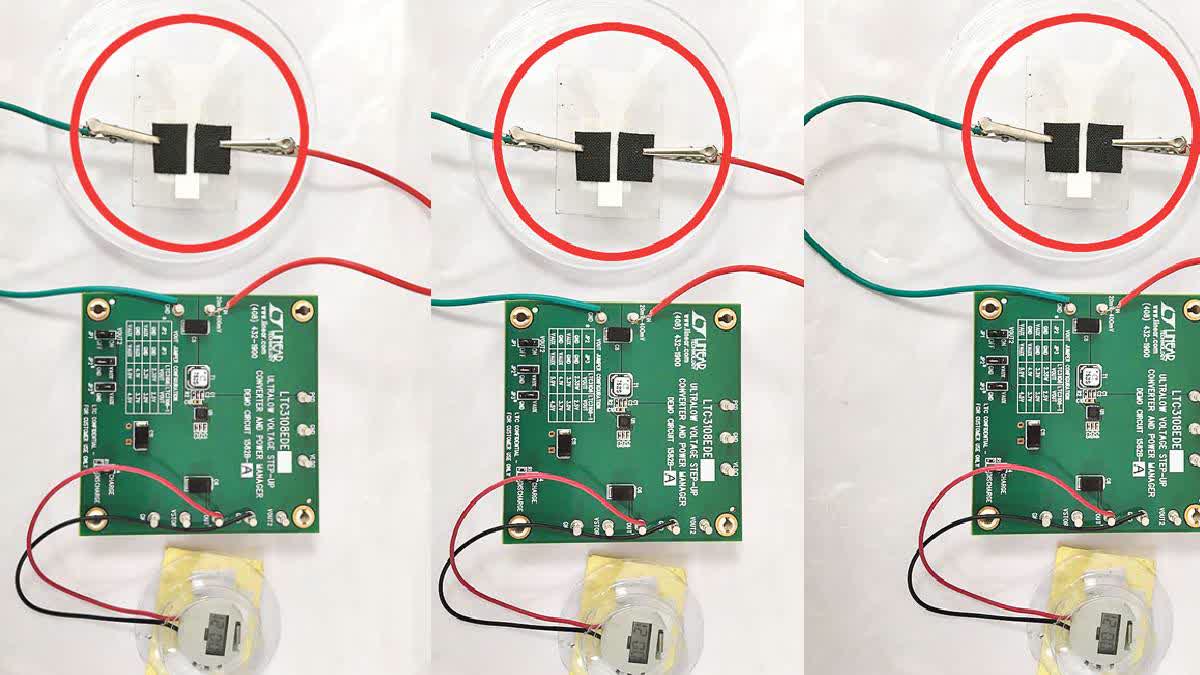Hyderabad:A team of researchers from Birla Institute of Technology and Science (BITS) has come up with a unique battery-free 'fuel cell' to power pacemakers, offering a potential solution to the expensive lithium-ion batteries that need frequent replacements.
Professor Sanket Goyal and research student Vanmathi have developed the 'fuel cell' using electro-carbon cloth, marking a significant step towards making pacemakers more affordable and sustainable. This innovation has gained international recognition, making its entry into research journal, 'Micro Mechanics Micro Engineering'.
Why a 'Fuel Cell'?
Pacemakers play a crucial role in managing heart conditions and the lithium-ion batteries are usually relied upon to maintain a steady heart rhythm. However, these batteries not only involve a high manufacturing cost but also require periodic replacement through invasive surgeries. The new fuel cell aims at reducing the overall manufacturing expenses by using electro-carbon as an alternative energy source.
"Traditional pacemaker batteries are costly and have a limited lifespan, requiring frequent replacements. Our fuel cell model provides an affordable alternative, minimising the need for repeated surgeries," Prof Goyal said.
How 'Fuel Cell' operates?
The fuel cell is designed to be powered by blood flow around the heart, generating energy from the body’s natural circulation. When installed in a pacemaker, the fuel cell can provide steady power for 60 to 90 days. Recent animal trials demonstrated the fuel cell’s efficiency, showing it can maintain adequate energy levels to support pacemaker's functioning throughout this period.
"Once the fuel cell reaches its limit, which is around 90 days, it can be safely removed and replaced with a fresh cell," Vanmathi explained. "Our trials have shown that the fuel cell can be re-implanted in the same way as a conventional pacemaker battery replacement."
